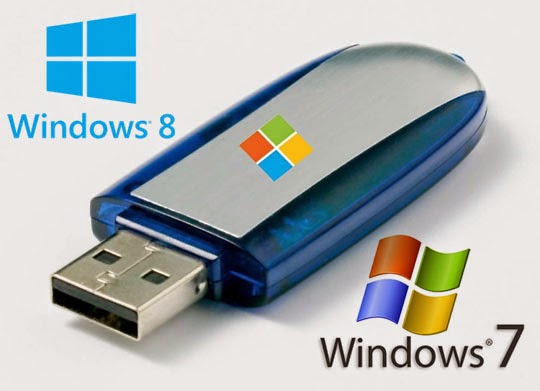The US-China trade war continues to rage. Both sides have created and threatened to create tariffs on goods ranging from agricultural products to steel and aluminum. As the list of tariffed items increases, tech companies are beginning to feel the heat.
In May 2019, the United States increased the tariffs on some electronic components to 25%. This has created concerns about retaliation from China. In turn, many companies are evaluating whether or not they should continue to manufacture their products in China.
Google and Nintendo have reportedly begun the process of moving some of their manufacturing plants out of the region. Google is already producing more in other parts of Asia than before. Reports suggest that Google is examining the costs and repercussions of migrating even more of its production out of China.
Apple is also grappling with the trade war changes. According to some reports, the company is exploring what it would cost to move some of its manufacturing from China to other areas in Southeast Asia.
With further tariffs on the horizon for laptops and other previously unaffected items, big tech companies are joining together in protest.
Apple first spoke out against these upcoming tariffs. It claims that the trade war will only hurt the United States while benefiting other “global competitors” in the long run. The company has been joined by HP, Microsoft, Sony, Dell, Intel, and Nintendo. In joint filings and in a joint letter, the companies requested that their products be excluded from the tariffs. Some of the items include laptops, iPhones, AppleTVs, MacBooks, and tablets.
The letter points out that Apple pays more corporate taxes than any other company in the United States. It also employs millions of people. The company claims that increased tariffs threaten its ability to continue in this fashion.
President Trump will reportedly meet with Chinese leaders at the upcoming G20 summit. The tech companies’ fate — and prices of tech products for consumers — depend upon the outcome of these talks.
Dil Bole Oberoi





